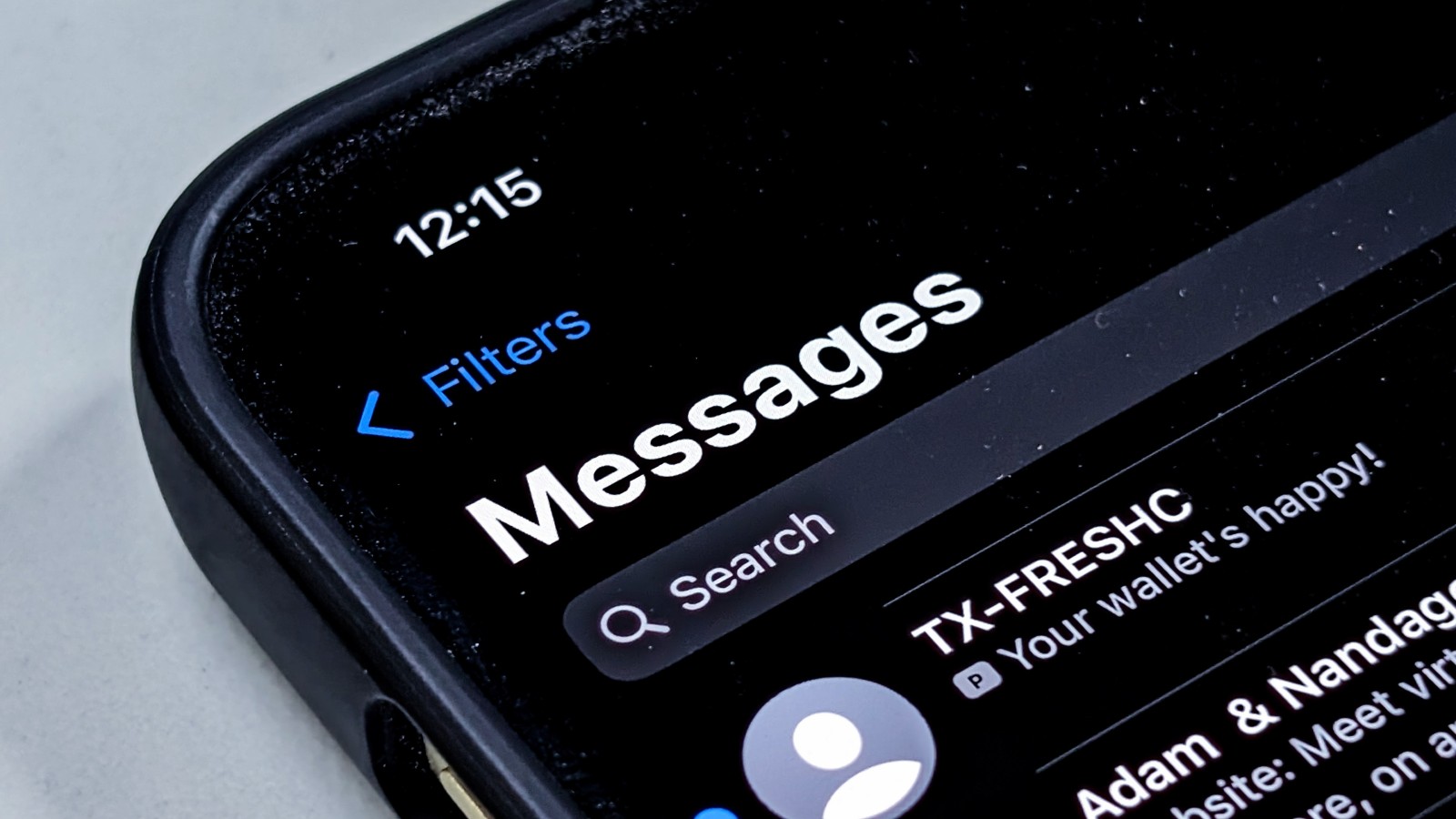Apple’s empire is under siege. The Department of Justice and a coalition of states just unleashed a blockbuster 88-page antitrust lawsuit accusing the iPhone maker of illegally fortifying its mobile monopoly. Here’s everything you need to know about this antitrust missile that could permanently reshape the tech industry’s competitive landscape.
The lawsuit lists several anti-competitive malpractices, alleging that Apple has violated antitrust laws to forcibly keep users locked into its lucrative iPhone ecosystem. The biggest concern was the Cupertino company going too far in locking down messaging, smartwatches, and digital wallets with the intent of crippling rivals.

According to the suit, Apple has created “the moat around its smartphone monopoly” through a series of calculated moves designed to box out rivals and diminish competition. It’s accused of denying competing apps and services access to key iPhone features, making it tougher for customers to shift to non-Apple products.
Take digital wallets for example – Apple has a stranglehold by making its Apple Wallet the only game in town able to tap into the iPhone’s NFC chip for secure payments. Banks and fintech upstarts are barred from building their own wallet apps with chip access, protecting Apple’s Payment turf.
The lawsuit also calls out Apple’s messaging “green bubbles” separating iPhone users from Android folk as a clever divide-and-conquer tactic.
 The blue-green bubble issue is a big part of the lawsuit. (Image: Zohaib Ahmed/The Indian Express)
The blue-green bubble issue is a big part of the lawsuit. (Image: Zohaib Ahmed/The Indian Express)
Here’s everything the legal documents cite as ways Apple has supposedly suppressed competitive tech threats that could undermine iPhone dominance:
1. It’s blocked “super apps” offering one-stop shops for services like shopping, food delivery, and finance – making users less dependent on Apple’s ecosystem.
Story continues below this ad
2. Cloud gaming services that could make pricey iPhone hardware redundant were iced out of the App Store until recently.
3. Third-party messaging apps got crippled by being denied full SMS integration and made worse compared to Apple’s built-in option.
4. Rival smartwatches were denied key functionalities when paired with iPhones, protecting the Apple Watch’s turf.
5. Apple stonewalled digital wallets offering cross-platform convenience and enhanced features beyond its Apple Pay.
Story continues below this ad
The complaint even trots out insider emails and meeting transcripts showing Apple executives were well aware their policies would hamstring competition.
How can a government sue a company?
You might be wondering – how exactly can the government take on a corporate titan like Apple in court? According to an agency official who spoke to The New York Times, the DOJ has the right under the law to stop Apple from engaging in current practices and to order structural changes to the company’s business. There’s even a nuclear option of a “breakup.”
While officials are keeping their structural remedy plans vague for now, the lawsuit outlines some clear demands. It wants Apple to stop blocking cloud gaming services, quit undermining cross-platform messaging, and allow companies to create wallet apps with full chip access – the kinds of moves that could chip away at Apple’s competitive armour.
 Apple’s tap-to-pay tech in action. (Image: Apple)
Apple’s tap-to-pay tech in action. (Image: Apple)
Companies are obviously allowed to favour their own products over rivals. But the DOJ is arguing Apple’s self-preferencing has become an illegal monopolistic overreach, warranting federal intervention and potential penalties.
Story continues below this ad
How has Apple responded?
Apple refuted the lawsuit’s claims in a statement, justifying its innovation practices and warning the government’s legal action could establish a “dangerous precedent.”
“At Apple, we innovate every day to make technology people love – designing products that work seamlessly together, protect people’s privacy and security, and create a magical experience for our users,” the company said in a statement. “This lawsuit threatens who we are and the principles that set Apple products apart in fiercely competitive markets. If successful, it would hinder our ability to create the kind of technology people expect from Apple – where hardware, software, and services intersect.”
What lies ahead?
This Silicon Valley legal showdown is just getting started and will likely drag on for years before any resolution. Take the famous US vs. Microsoft antitrust case for example, where the government accused the company of monopolising the web browser market for Windows. The suit began on May 18, 1998 – and it took over 3 years for the government and Microsoft to reach a settlement.
Apple isn’t backing down, planning to file a dismissal motion within 60 days that will double down on defending its pro-consumer operating principles and integrated hardware-software approach.
Story continues below this ad
The iPhone maker has a solid track record of fending off antitrust challenges too. In the lawsuit with Epic Games, the outcome was mostly in favour of Apple. The court ruled that Apple is not considered a monopoly and did not engage in antitrust behaviour on nine out of ten counts.
 In the lawsuit with Epic Games, the outcome was mostly in favour of Apple. (Express image)
In the lawsuit with Epic Games, the outcome was mostly in favour of Apple. (Express image)
For consumers, it’s unclear what immediate practical impact this lawsuit might have. Apple could eventually be forced to open up more aspects of its ecosystem, or face unprecedented regulatory shakeups.
The writing has been on the wall for a while now
The antitrust bombshell does come as a surprise but there have been signs over the past few years leading up to this. The regulatory hammer has been coming down hard on Big Tech, particularly in the US and EU.
The Trump administration set the stage by launching antitrust investigations into Apple along with other tech giants like Google, Amazon, and Meta. But Joe Biden’s enforcers have really ramped up those efforts by installing vocal Big Tech critics atop the DOJ and FTC.
Story continues below this ad
Across the pond, European regulators have already penalised Apple nearly $2 billion over anti-competitive music streaming policies. Challenges are also flaring up in South Korea, the Netherlands, and other nations over the App Store’s controversial fees and walled garden tactics.
On Thursday, Apple stock was down more than 4 percent.



 The blue-green bubble issue is a big part of the lawsuit. (Image: Zohaib Ahmed/The Indian Express)
The blue-green bubble issue is a big part of the lawsuit. (Image: Zohaib Ahmed/The Indian Express) Apple’s tap-to-pay tech in action. (Image: Apple)
Apple’s tap-to-pay tech in action. (Image: Apple) In the lawsuit with Epic Games, the outcome was mostly in favour of Apple. (Express image)
In the lawsuit with Epic Games, the outcome was mostly in favour of Apple. (Express image)





